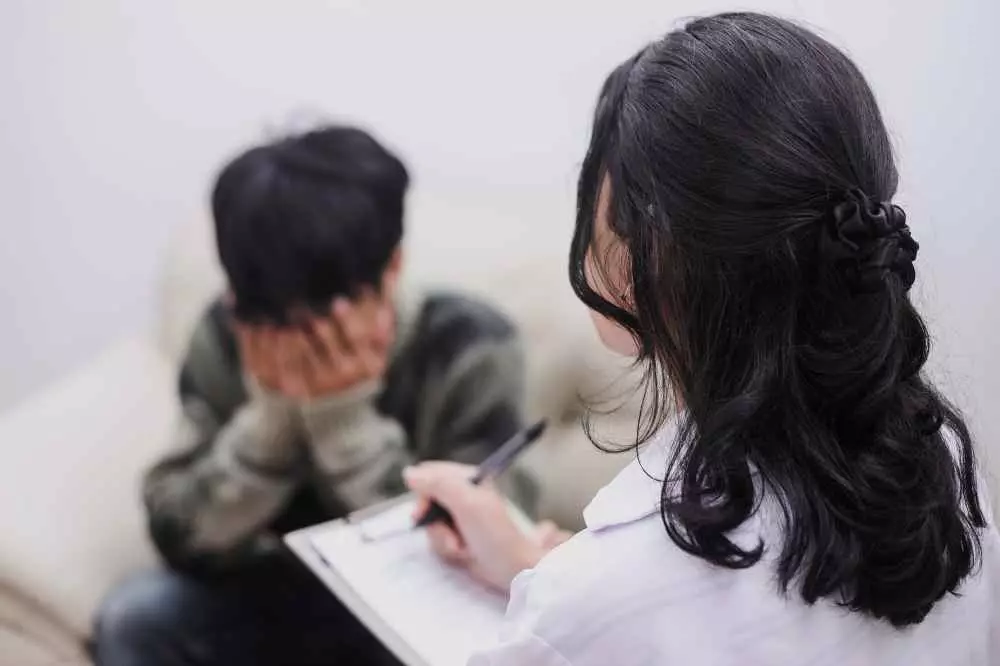Counseling in dealing with childhood trauma
Counseling in dealing with childhood trauma
Childhood is the period when we form our identity and core values. Unfortunately, not everyone was fortunate enough to enjoy carefree and loving times during this important period. Children who experienced trauma in their childhood often struggle later to cope with these events. Counseling can be extremely helpful in the healing and recovery process. Here are some key steps you can take to successfully work through childhood trauma.
First, accept your feelings
Experiencing traumatic events in childhood often leads to emotional confusion. You may feel no feelings at all, or be overwhelmed by their intensity. The first step in dealing with trauma is to accept the emotions that accompany this painful past. Also, it is important that you give yourself permission to feel these feelings and process them in a healthy way.

Strengthen your self-esteem
One of the negative effects of childhood trauma is often lower self-esteem and self-worth. It is important to understand that what happened does not define your worth as a human being. Work on strengthening your self-esteem by identifying your values and achievements. Many people find relief in using self-affirmation techniques, such as repeating positive affirmations to themselves or meeting with a support group.
Find support in loved ones
One of the most important tools in dealing with childhood trauma is finding support in loved ones. Share your feelings and experiences with people you can rely on. By entrusting such people with your secrets, you gain empowerment and an improved mental state.
If, unfortunately, you do not have support in your immediate environment, it is worth turning to professionals. Therapists who specialize in working with childhood trauma can help you heal and rebuild.
Find an opening for forgiveness
Forgiveness is one of the key steps in healing from childhood trauma. However, it can be one of the most difficult aspects for trauma sufferers. Forgiveness does not mean agreeing with what happened, but is a process in which we decide to let go of negative feelings and the energy associated with them. It can be a lengthy process, but it is worth pursuing and seeking specialized help if on your own is difficult.
Work on your boundaries
Boundaries are often violated during a traumatic childhood. We can feel confused and insecure in relationships with other people. It is important to identify your boundaries and learn to defend your needs. Finding a balance between meeting the needs of others and taking care of yourself is key to building healthy relationships and a healthy life after trauma.
Summary
Experiencing traumatic events in childhood can have lasting effects on emotional and mental health. However, you are not alone. Finding support and using counseling to cope with trauma can be a key step in the healing process. Accepting your feelings, strengthening your self-esteem, finding support in loved ones, being open to forgiveness and working on boundaries are important steps you can take. Remember that the recovery process can be long, but recharging. Don't hesitate to seek professional help if you feel you can't handle the trauma on your own.